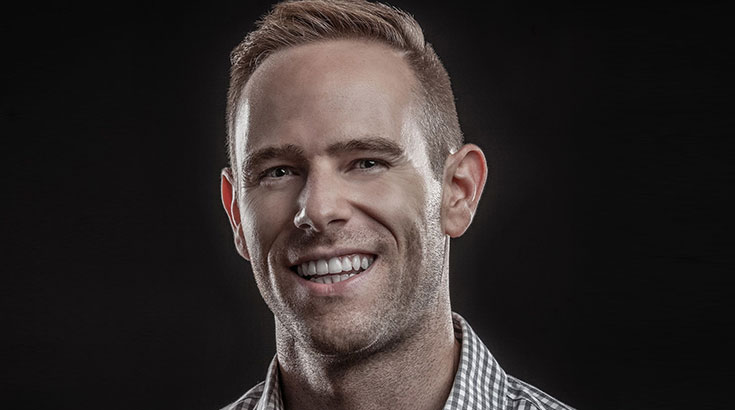In this episode I talk with Arthur Woods, co-founder of Imperative. By putting some guardrails around what we even mean by the word “purpose” and by conducting about a decade’s worth of research on the topic — we’re talking the largest body of global research — he and his colleagues have found that the things that generate purpose for you tend to stay the same throughout your lifetime (hence, North Star). The dimensions that matter are:
- Scale at which we create value for others; the scale at which we make an impact
- The way we lead and solve problems (craft)
- Our values that speak to our word view
The combination of the three serves as a unique blueprint for each of us, a blueprint that allows us to be purpose-aligned in our work. It is not something we need to wait to do. There are not “purpose” roles and “purpose” industries and “non-purpose” roles and “non-purpose” industries. Rather, we have the ability (right now!) to use creative agency to bring fulfillment to what we are doing. In roles that seem like they would be overflowing with purpose, we find just as many non-purpose-driven employees. On the flip side, we see purpose-driven individuals in roles that don’t seem like a “purpose role.” Moreover, connecting to purpose is more of a continuous journey versus a one time revelation. Since the dimensions that constitute a sense of purpose remain fairly consistent over decades and decades, we can use our own unique blueprint as a North Star.
Two thirds of the workforce has no sense of purpose. But when people are purpose-driven at work, they self-rate themselves as higher performers. They become brand ambassadors without being asked to. They stay in their roles longer. They become leaders within organizations. A Bain & Company study showed that inspired workers are twice as productive as the non-inspired. When we view employees as human beings rather than human resources, and we help them become aware of their purpose drivers, the business performance metrics are off the charts. The employee gains are impressive as well: more fulfillment, less stress-related issues, healthier hearts, brains, and immune systems. In fact, in The Blue Zones, Daniel Buettner writes that a sense of purpose is worth up to seven years of extra life expectancy.
Arthur also advises that it is important for us to define success as the extent to which we are fulfilled. How do you assess this? Ask yourself:
- In this work do I have meaningful relationships (belonging and community)?
- Am I making an impact (doing work that creates value for others)?
- Am I growing, learning, and getting out of my comfort zone?
How do we change the conversations we have with strangers? Instead of asking the (snooze) status-driven question “What do you do?” here are some questions we should be asking each other:
- What generates meaning for you?
- What drives you?
- What kind of impact do you have? (Or… do you wish to have?)
- What kind of community are you a part of at work?
- What kind of an impact do you make?
- What are the unique ways you learn and grow?
- WHY do you do?
We live in a culture that demonizes work, views it as a means to an end, and emphasizes what’s wrong with work. The side bar is: yes there is often a lot wrong at work (read Dying for a Paycheck) but we buy into a “work sucks” mentality and settle. You have the power to bring purpose to the job you have right now. You also have the power to find a new job. You have the power to start your own thing. Mindset-wise we can be victims or victors. Let’s be victorious where we are at, and wise about where we are going. Let’s adopt purpose mindsets for ourselves and model this for our kids. We need to change the conversation we are having with (or in front of) our kids when it comes to work. We should be sharing:
- What fulfills us at work as an individuals
- The aspects of work that make it a calling (or that is too far of a stretch, the aspects that provide meaning for us)
- SUCCESS = FULFILLMENT (not money, not job title)
The purpose mindset starts with being open to finding your North Star and applying it to the work you do everyday. This is the self-awareness step. Step two is to act on it. And the ultimate step, step three, is to lead: inspire and motivate the people around you.
Imperative is on a mission to take the 2/3 of unfulfilled, non-purpose driven employees and flip it, so that purpose-driven people becomes the norm.
Take The Challenge!
The North Star Challenge (2 weeks)
Free Trial of Imperative
Visit imperative.com/free-trial to find out your purpose statement!
